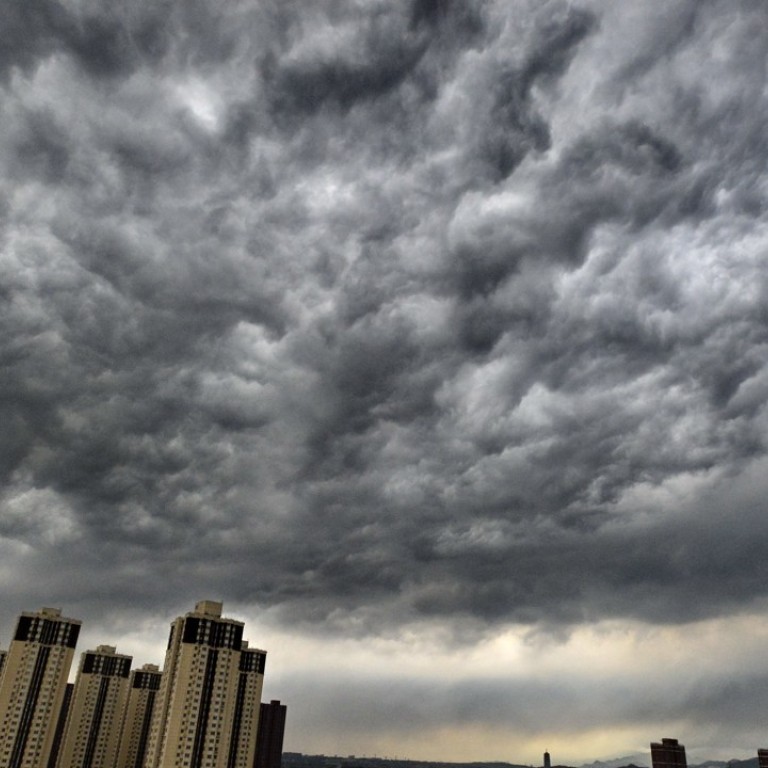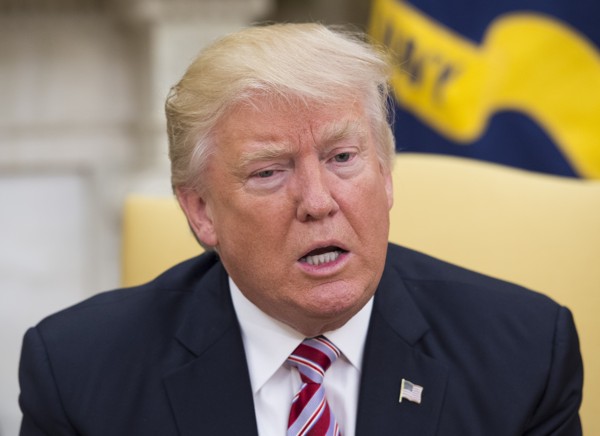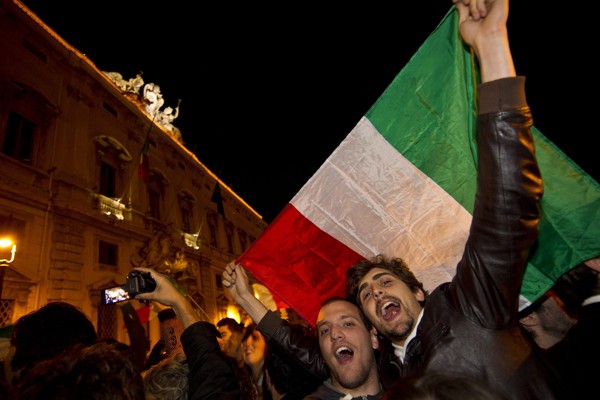
Opinion: Trump, Italy and emerging markets the three biggest clouds hanging over markets
The old adage ‘sell in May and go away’ may yet prove popular this year
One of the most popular adages in financial markets is “sell in May and go away”.
This refers to the historical underperformance of global stock markets in the May-October period relative to the November-April one. Anyone believing in this Wall Street axiom should have already reduced their exposure to equities in order to avoid the seasonal decline in stocks.
Yet in the first half of this month, traders and investors were positively bullish.
On Tuesday, the benchmark S&P 500 Index even hit a record intraday high, buoyed by the recent batch of robust corporate earnings and an increase in oil prices. A surge in inflows into European and emerging-market equity funds has also continued apace.
On Wednesday, however, sentiment began to deteriorate. US equity markets suffered one of their sharpest daily declines since the country’s presidential election in November, with the S&P 500 dropping more than 1 per cent, shedding all its gains this month.
The sudden increase in risk aversion threatens to amplify a plethora of vulnerabilities in markets, which could provide the catalyst for a much more volatile trading environment in the coming months. The three biggest clouds hanging over markets right now are:

Last week’s dramatic decision by Trump to fire James Comey, the head of the Federal Bureau of Investigation who was probing links between his election campaign team and Russia, followed by reports on Monday that Trump shared highly classified intelligence material with Moscow, have pushed the US dollar index (a gauge of the greenback’s performance against a basket of its peers) to its lowest level since the day before the US election.
There is now a significant risk that the allegations against Trump will persuade members of his own Republican party to call for a special investigation into collusion between his campaign and Russia. This could lead to a full-blown political and constitutional crisis in which the case to impeach Trump could quickly gain momentum.
In a column in the Washington Post on May 13, Laurence Tribe, a professor of constitutional law at Harvard Law School, presented a strong case for impeachment based on “obstruction of justice”. Tribe claimed the US “is now faced with a president whose conduct strongly suggests that he poses a danger to our system of government”.

A crucial parliamentary election due to be held by spring could bring to power the anti-establishment Five Star Movement, already the most popular party, which has pledged to hold a referendum on Italy’s membership of the euro.
Moreover, a victory for the Five Star is a much more realistic prospect than the odds of far-right candidate Marine Le Pen winning the French presidency. Italy’s 10-year bond yield is already 180 basis points above its German equivalent. Make no mistake, Italy is the country to watch.

In the latest global fund manager survey published by Bank of America Merrill Lynch on Tuesday, China has suddenly taken over from Europe as the main concern among international bond investors.
Given just how central China is to sentiment towards emerging markets and in view of the fact that valuations in emerging-market corporate debt markets (particularly in Asia) are already dangerously stretched, market conditions in developing economies are looking increasingly fragile. The whiff of a China-induced sell-off is in the air.
Still, markets have already proved remarkably resilient to a number of shocks, including Britain’s decision to vote to leave the European Union. Also, every sharp sell-off has been quickly followed by a recovery in asset prices.
Yet concerns about whether Trump could be impeached are likely to be far more damaging to sentiment.
The “sell in May and go away” adage may yet prove popular this year.
Nicholas Spiro is a partner at Lauressa Advisory

